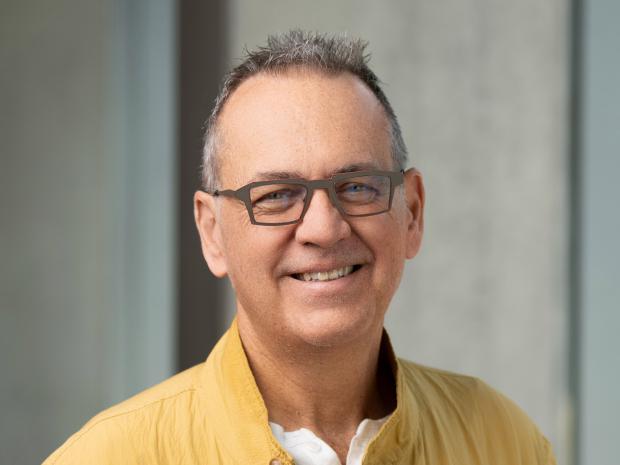Molecular Engineering to Turn Immunity on and Off

Special Seminar co-hosted by
Dafna Bar-Sagi, PhD, NYU Grossman School of Medicine
& Eray Aydil, PhD, NYU Tandon School of Engineering
Speaker
Jeffrey Hubbell
Eugene Bell Professor in Tissue Engineering
Pritzker School of Molecular Engineering
University of Chicago
Abstract
Molecular Engineering to Turn Immunity On and Off
The immune system exists in a delicate balance of mounting effector and memory responses to fight infection from invading pathogens and to kill mutated cells that could lead to cancer, while existing in an active state of tolerance to the non-self contents of the gut such as food and to self proteins throughout the body in homeostasis and apoptosis. Dysfunction can lead to susceptibility to infection and cancer progression on the one hand, and to allergy and autoimmunity on the other. We are developing protein engineering and materials engineering-based immunotherapies to tip this balance one way or the other – for example engineering nanomaterials and cytokines to trigger in-situ immune reactions to cancer cells on the one hand, and engineering tolerogenic cytokines and protein antigen delivery systems to inverse vaccinate against autoimmune diseases and allergy to re-establish immunological tolerance to self or to treat allergic disease such as food allergy and allergic asthma.
Bio
Jeffrey A Hubbell is the Eugene Bell Professor in Tissue Engineering at the Pritzker School of Molecular Engineering of the University of Chicago. With more than 400 papers and 120 issued US patents, Jeff uses biomaterials and protein engineering approaches to investigate topics in immunotherapeutics. As an engineer within translation to clinic in mind, his laboratory develops approaches to ameliorate autoimmunity and allergy, including inverse vaccination in diseases such as Type 1 diabetes, multiple sclerosis, celiac disease, food allergy and allergic asthma by promoting the body’s immune system to re-establish tolerance, and engineering of tolerogenic cytokines in the context of antigen-nonspecific approaches to the aforementioned conditions. His laboratory also develops approaches to promote the immune system to break the immune tolerance that is established by tumors, both by tumor localization of cytokines, chemokines and antibodies, and by in-situ vaccination. He was elected to the US National Academy of Engineering in 2010, the National Academy of Medicine in 2019, and the National Academy of Sciences in 2023, as well as the American Academy of Arts and Sciences in 2021. He is entrepreneurially active in translating his laboratory’s inventions to the clinic.

